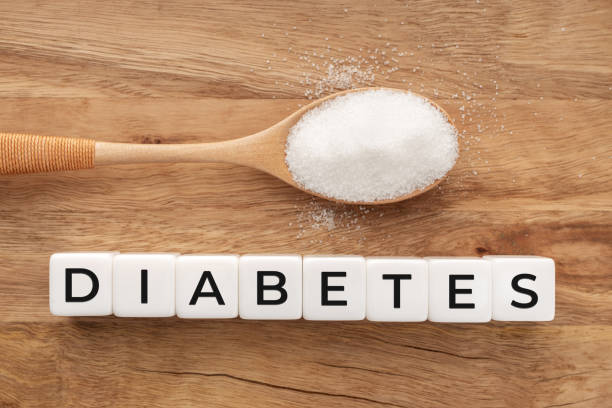Diabetes is a metabolic disease that impairs the body’s ability to process blood glucose, which results in high blood sugar. The body either can’t effectively use the insulin it makes or doesn’t make enough insulin.
Glucose is mainly obtained from food, and blood transports it to cells to be used as energy, but this can only happen when insulin is produced to signal the body that the cells need glucose.
Insulin is a hormone produced in the pancreas that moves glucose (sugar) from the blood into the cell to be used as energy or stored for future use. If there is a problem with the production of this hormone, glucose (sugar) will remain in the blood, and it will lead to diabetes (excess blood sugar).
Types of Diabetes and Causes
There are different types of diabetes, some of which have distinct causes and symptoms, but they all have the same effect – high blood sugar. Here are the three most common types of diabetes.
-
Type 1 Diabetes
This is also known as juvenile diabetes; it is a type of diabetes that occurs when the body produces no insulin. This often happens when the immune system attacks and destroys the cells that produce insulin in the pancreas for unknown reasons. Type 1 diabetes cannot be cured but can be managed with insulin injections.
-
Type 2 Diabetes
In type 2 diabetes, the pancreas produces little insulin, which is not enough to control blood sugar, or the body cannot effectively utilise the insulin that is produced by the pancreas. Like type 1 diabetes, this too cannot be cured, and patients may or may not need insulin depending on the cause.
-
Gestational Diabetes
This type of diabetes develops during pregnancy in some women but usually goes away after delivery. However, studies have shown that women who experience gestational diabetes are at a high risk of developing type 2 diabetes later in life.
Causes of Diabetes
Each type of diabetes has different causes; gestational diabetes occurs mostly as a result of hormonal changes during pregnancy.
The cause of type 1 diabetes is not yet fully understood. For some reason, the immune system attacks the insulin-producing cells in the pancreas. It is also possible that genes or a virus can set off the immune system attack.
Type 2 diabetes is usually a result of some lifestyle choices and genetics. Being overweight can also play a role.
Symptoms
General symptoms of diabetes include:
- Slow healing sores or cuts.
- Increased thirst and dry mouth.
- Frequent urination.
- Blurred vision.
- Fatigue.
- Numbness or tingling in your hands and feet.
- Frequent skin or vagina yeast infections.
- Unexplained weight loss.
Treatment
There are four major aspects of managing diabetes, including blood sugar monitoring and oral diabetes medication used to regulate blood sugar levels in people with type 2 diabetes since they can still produce insulin.
Insulin injections are used to treat type 1 diabetes and sometimes type 2 diabetes. Lastly, diet plays a major role in managing diabetes; hence, patients will have to follow a strict meal plan so that they don’t consume too much carbs and sugar.



